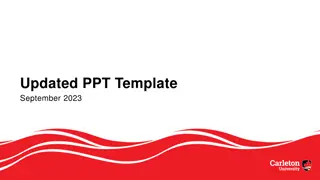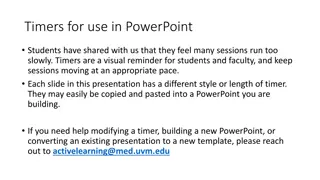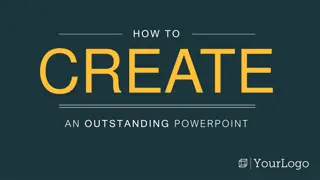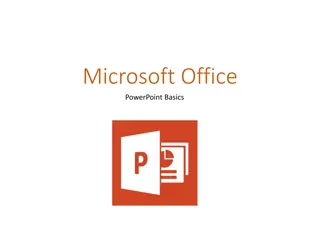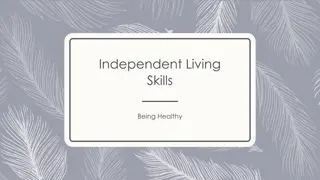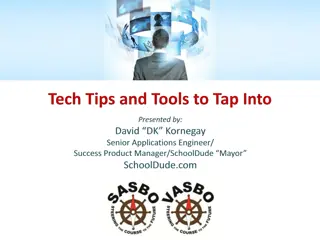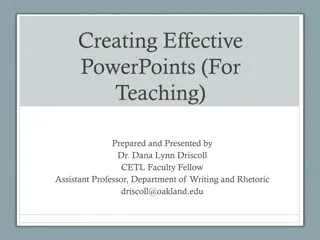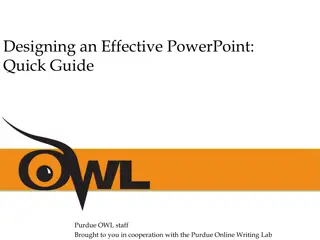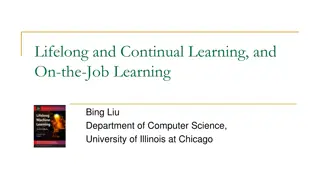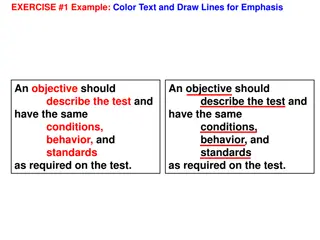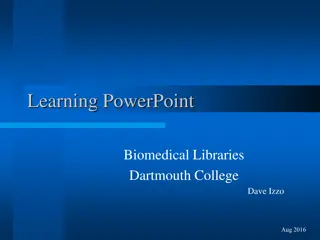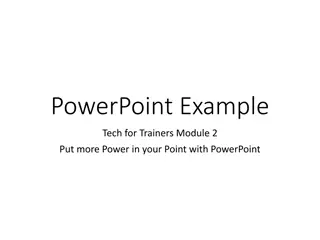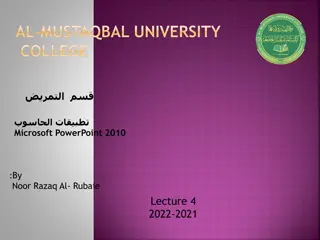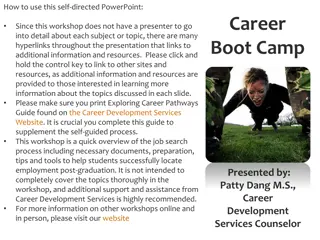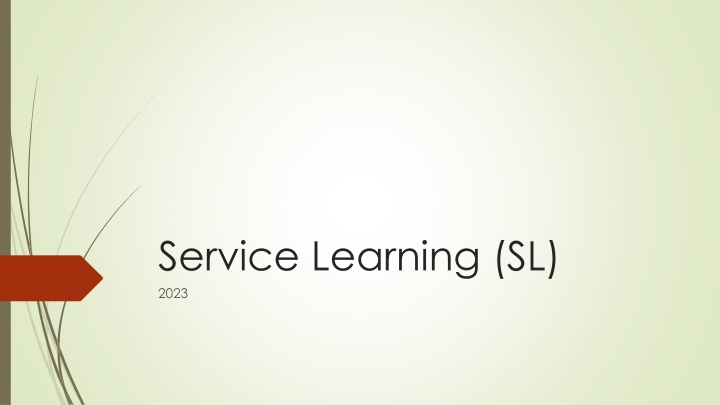
Exploring Service Learning Initiatives at Concordia University Wisconsin
Discover the diverse service learning opportunities at Concordia University Wisconsin, where students engage in direct, indirect, research-based, and advocacy projects that impact local and global communities. Through examples like the Local-MSAT 289 and Global-NURS 892 courses, students collaborate with community partners to address social needs while reflecting on their experiences.
Download Presentation

Please find below an Image/Link to download the presentation.
The content on the website is provided AS IS for your information and personal use only. It may not be sold, licensed, or shared on other websites without obtaining consent from the author. If you encounter any issues during the download, it is possible that the publisher has removed the file from their server.
You are allowed to download the files provided on this website for personal or commercial use, subject to the condition that they are used lawfully. All files are the property of their respective owners.
The content on the website is provided AS IS for your information and personal use only. It may not be sold, licensed, or shared on other websites without obtaining consent from the author.
E N D
Presentation Transcript
Service Learning Committee Members Elisabeth Bennett Bob Wahl Heather Fortuine John Horgan (consultant) Julie Parve (Chair)
Service Learning Definition at CUW An intentional course experience that utilizes service-learning and reflection to enrich the learning experience, enhance community engagement, teach civic responsibility, while fulfilling the biblical invitation to serve in Christ s name. Service learning combines personal and social development with academic goals and objectives while meeting community needs.
Types of Service Learning Direct: person-to-person, face-to-face service projects in which the students service directly impacts individuals who receive the service from the students. Indirect: working on broad issues, environmental projects, or community development projects that have clear benefits to the community or environment, but not necessarily to individually identified people with whom the students are working. Research-based: gathering and presenting information on areas of interest and need projects that find, gather, and report on information that is needed. Advocacy: educating others about topics of public interest projects that aim to create awareness and action on some issue that impacts the community. https://nylc.org/
Local-MSAT 289: Athletic Training Seminar- Professor Jen Thorpe Course Objective connected to Service Learning Identify a need in the community, explore the potential impact on those affected, and develop a service project alongside peers to help address the identified need. Community Partner: Project Linus Sheboygan chapter Project Linus provides blankets to children in need. The Sheboygan chapter was receiving multiple requests for blankets for children with the Head Start program in Sheboygan, along with victims from hurricane Ian, and refugees from Ukraine. Project cost $150 to cover the costs of making 20 blankets (kits are $6.99 each). Cost of delivery to Project Linus in Sheboygan was not included in cost. Student Project and Reflection: Students were required to complete a reflection assignment on the entire process
Global-NURS 892: Global Perspectives- Associate Professor Julie Parve Course Objective connected to Service Learning Collaborate and communicate with other health care professionals on a service-learning project to provide culturally competent health care in an underserved area. International Partner: Hope Without Borders (www.hwb-intl.org) Provide health care to those in need in Africa. Projects include clean water, hygiene and access to health care. Cost of Service-Learning Immersion Experience $3000-3800 for airfare, food, accommodations, projects and safari. Reflection Students were required to complete a reflection assignment on their cultural experience and what they have learned about a different country, what the needs are and what it is like to serve others.
Contacting Organizations Local: Homeless shelters, nursing homes, churches, food pantries, free clinics, animal rescue, Boys and Girls Club, Boy Scouts, Girl Scouts, Big Brother/Big Sister, Rescue Mission,etc. Regional: Habitat for Humanity National: Study Abroad office, Red Cross, WEAVR Global: Study Abroad office
Logistics Transportation Accommodations Meals Project materials Just to name a few .. But don t let this scare you, we can mentor you!
Application Process Course name: The project was initiated by the: _____ organization (list name and contact info) _____ student _____ faculty Who is the intended audience/community? Please list the course objective(s) tied to the service-learning experience. Date(s) and time(s) for community interactions. What is the reflective assignment for this service-learning experience? (Paper, presentation or panel) How does it meet GLO#2.1? 2.1 Service: Demonstrate Christ-like care, help, respect when providing service, or knowledge of how to serve others. Is funding needed? If so, please be specific about what items are needed and the monetary amount. Deadline for applications: Fall deadline Jun 1st Spring deadline November 15th
Grants Service-Learning committee CIRG grants- research project CITG grants HRSA: https://www.hrsa.gov/ Organizational grants: Nursing, Pharmacy, etc CUW portal under Faculty tab ORSP= Office of Research and Sponsored Programs website: https://www.cuw.edu/academics/services/faculty-staff-resources/sponsored- programs/index.html
Donating to the service-learning fund To make donations: Online www.cuw.edu/give Choose OTHER and then type Service Learning in the Comment Box By Check Make Checks payable to CUW Foundation, Inc (memo: Service Learning) then drop off or mail to the Office of Advancement)

